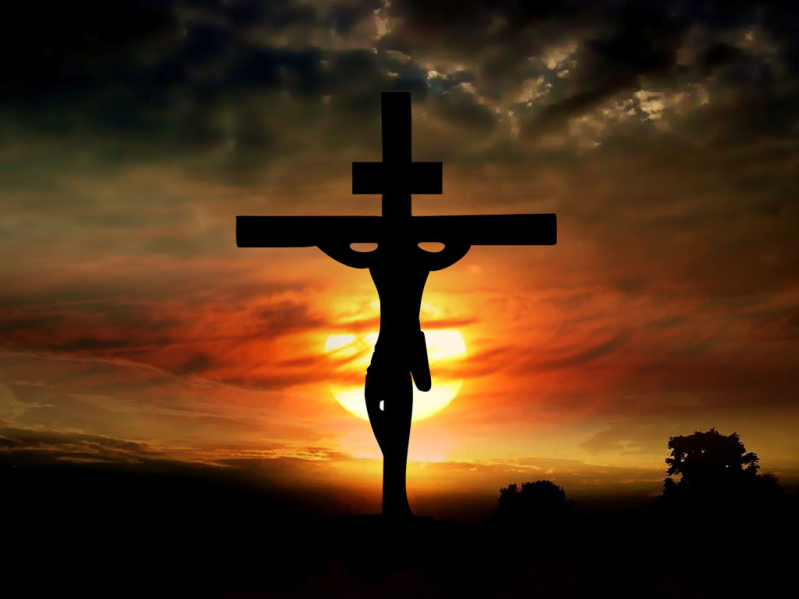
The holiday known around the world as Easter Sunday usually brings pleasant images to mind; family gatherings, egg hunts, and visits from the Easter bunny.
However, to Christians, Easter has a far deeper, sweeter meaning. The day symbolizes the resurrection of Jesus Christ, the Son of God, and his triumph over the grave.
Christ's resurrection is perhaps the single most important event to occur in the history of Christianity, for according to Paul in 1 Corinthians 15:17, "if Christ has not been raised, your faith is futile, and you are still in your sins."
The seven days before Easter Sunday is referred to as Holy Week, or the Passover season. These days are set aside to commemorate the brief life, death, and resurrection of Christ.
It begins on Palm Sunday, a day which we reflect on how people spread out palm branches before Jesus of Nazareth, rejoicing in His presence as He entered Jerusalem, crying, "Hosanna! Blessed is He who comes in the name of the Lord!"
Then, Maundy Thursday marks the Last Supper, the day where Jesus celebrated the Jewish Passover with His apostles.
According the Gospels, Jesus was tried for treason on Good Friday by Pilate, the Roman governor, and then by Herod, King of Judea, and once again by Pilate.
Though declared innocent by authorities, Christ was crucified brutally on a cross, a death that was usually reserved for only the most dangerous of criminals. He was then laid in a sealed and guarded tomb.
Jonathan Parnell, writer and content strategist at Desiring God, asks Christians to reflect on our own sin and Christ's sacrifice this Holy season.
"If we know our hearts apart from grace, if we could listen in on this crowd, we'd hear our shouts along with theirs. We'd hear our praise, hollow as it were, and then, by Friday, 'ashamed we'd hear our mocking voice call out among the scoffers."
However, a story of great sorrow turned into one of joy for those who believe in Christ.
The gospels describe two women bringing spices to the tomb early Easter morning to prepare Christ's crucified body for burial. However, the tomb was empty, guarded by two angels.
"Why do you look for the living among the dead?" they ask the women, "He is risen!"
C.S. Lewis wrote, "Christianity is a statement which, if false, is of no importance and, if true, is of infinite importance. The one thing it cannot be is moderately important."
Easter, then, is incredibly important, for Christ's Resurrection from the dead is central to the doctrine of Christianity. Without it, there is no hope of salvation, and no hope for eternal life in heaven.
Because Christ has been resurrected, Christians can say confidently along with the Apostle Paul in 1st Corinthians, "Oh death, where is thy victory? Oh death, where is thy sting?"






